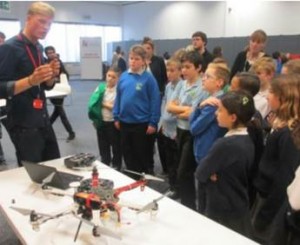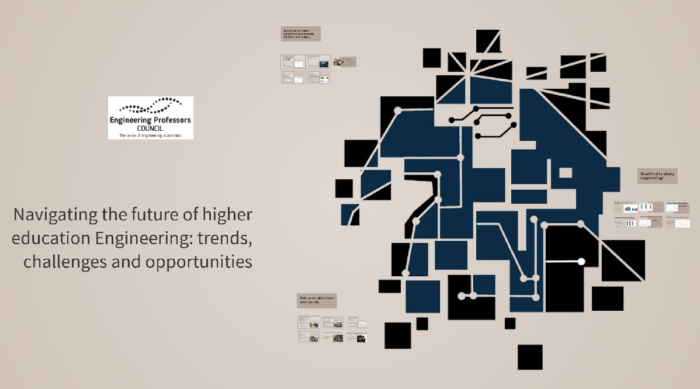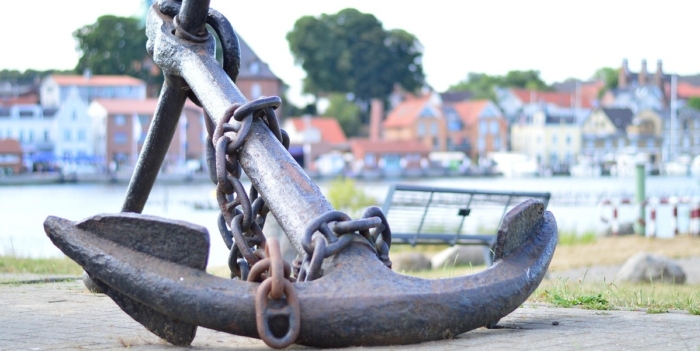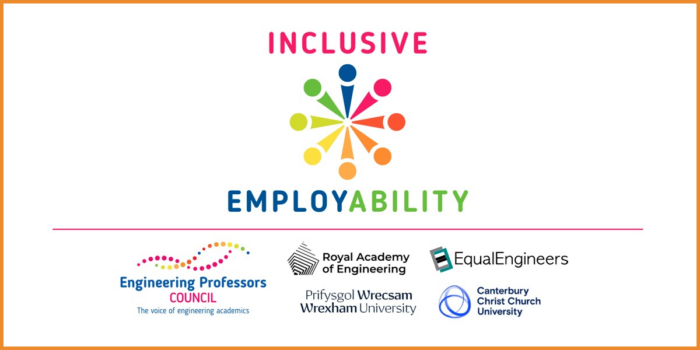 “I’ve really enjoyed this project because not only did I feel like I was teaching a class, I felt like I was teaching a generation.” Student Engineer
“I’ve really enjoyed this project because not only did I feel like I was teaching a class, I felt like I was teaching a generation.” Student Engineer
At its 2014 Congress, the Engineering Professors’ Council launched a public engagement funding call: Engaging in Engineering. One of the two winning projects was “Children as Engineers – Paired Peer Mentors in Primary Schools” from Dr Catherine Hobbs and Laura Fogg-Rogers of the University of the West of England.
We’re now delighted to publish an early summary of the results (the full report will be published in relevant journals) and will be working with Laura and her colleagues to ensure we can share this very promising programme more widely.
In summary:
- It’s been forecast that a further 100,000 new professionals are needed to fill the skills gap by 2020. It is becoming increasingly important that student engineers gain opportunities to practise their public engagement and education outreach skills to influence public perceptions of engineering, and connect science with society (Research Councils UK, 2010; National Coordinating Centre for Public Engagement, 2010).
- Teachers are a key audience with which to engage, as only 5% of primary school teachers have a science related degree (Department for Education, 2013). Although subject knowledge is not seen as essential for effective pedagogy, a lack of confidence and understanding can result in a style of teaching which reduces pupils’ performance, engagement and enjoyment with the subject (Ofsted, 2011).
- In this project, student engineers and pre-service teachers were paired up to mentor each other and enact hands-on challenges designed to demonstrate the Engineering Design Process to primary schoolchildren.
- The project appeared to be successful on all levels for the different participant groups. Quantitatively the student engineers showed an improvement in their perceived level of skills, with a 42% improvement in the proportion who felt they were now ‘fairly well equipped’ to undertake public engagement; over two-thirds (64%) of the engineers gave this rating following the project. Additionally, 70% of the engineers indicated that they thought they are now likely to be ‘more active’ in public engagement. Qualitatively, the student engineers indicated that that they had learnt organisational and communication skills through taking part, and felt that they had passed on some of their science and engineering subject knowledge and enthusiasm to the teachers and children.
- The paired peer partnership model was also positively reviewed by the pre-service teachers. Quantitative data indicated that the teachers showed significant increases in their science and engineering subject knowledge confidence levels as well as in teaching self-efficacy for both subjects. 80% of the pre-service teachers who participated stated that they would undertake similar work with children in the future. Many teachers asserted that the ‘expert’ knowledge gained had also benefitted and influenced the pupils in their class.
- Children who took part in the project had increased positive attitudes to the subjects of science and engineering in quantitative assessments. The project improved children’s knowledge of what an engineer does and their attitudes towards the profession through greater information about engineering and the experience of real life role models. The data also indicated a slight positive shift in children’s attitudes to science and engineering career aspirations along with gender and engineering identities.
Download the report here (1MB)
The participating engineers were all second year MEng or BEng students. If you would like to find out more about how your university could become involved, please contact us.




